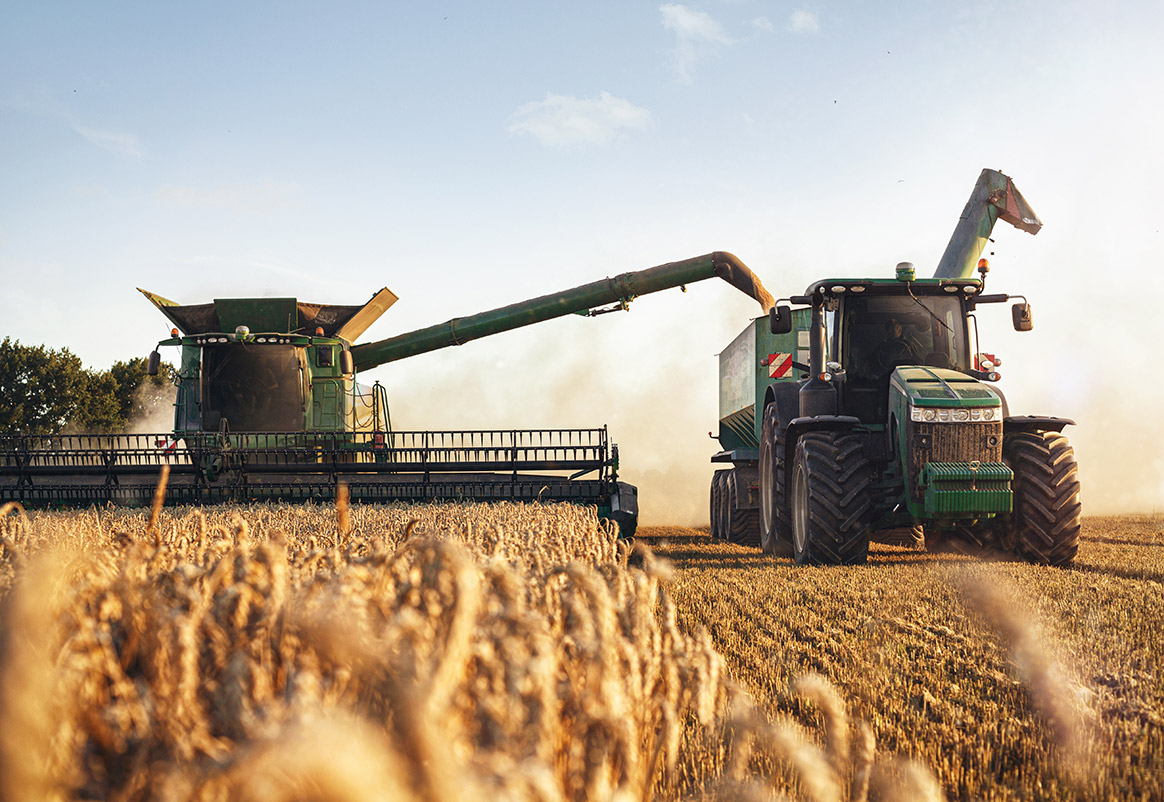Agricultural commodities form the backbone of the global economy, providing the essential raw materials for food, clothing, and numerous other products that we use daily. As a beginner entering the world of commodity trading, it is crucial to understand what agricultural commodities are, why they are important, and how they function in global markets. This article offers a straightforward introduction to agricultural commodities, providing the foundational knowledge needed to navigate this dynamic sector.
What Are Agricultural Commodities?
Agricultural commodities are raw materials derived from farming and livestock that are traded in global markets. These commodities form the backbone of the global food supply and also play a crucial role in various industries, from textiles to biofuels.
Some key examples of agricultural commodities include:
- Grains: Wheat, corn, rice, barley, oats
- Oilseeds: Soybeans, canola, sunflower seeds, peanuts
- Tropical Commodities: Coffee, cocoa, sugar, cotton, rubber
It’s important to note that tropical commodities are often distinguished because they require specific climates and cannot be grown worldwide.
The Importance of Agricultural Commodities
Agricultural commodities play a crucial role in the global economy for several reasons:
- Food Security: Grains, oilseeds, and other food commodities are the primary source of nutrition for billions of people. They form the basis of diets worldwide and are crucial for maintaining food security.
- Economic Impact: Agriculture is a major industry in many countries, providing livelihoods for millions of farmers and workers. The trade of agricultural commodities is a significant contributor to national economies, particularly in developing countries.
- Global Trade: Agricultural commodities are some of the most widely traded products in the world. Countries that produce surplus quantities export these goods to regions where they are in short supply, helping to balance global food availability.
- Supply Chain Foundations: Many industries rely on agricultural commodities as raw materials. For example, cotton is essential for the textile industry, while grains are vital for food production and animal feed.
Key Agricultural Commodities and Their Uses
Understanding the different types of agricultural commodities and their uses is essential for anyone interested in commodity trading. Here are some of the most important agricultural commodities:
- Wheat: Used primarily for making bread, pasta, and other food products. Wheat is a staple food for many cultures and is traded extensively in global markets.
- Corn: Corn is a versatile crop used for human consumption, animal feed, and as a raw material for producing ethanol, a biofuel. It is one of the most widely grown crops in the world.
- Soybeans: Soybeans are crucial for producing cooking oil, animal feed, and protein-rich food products like tofu. They are also an important crop for biofuel production.
- Rice: A staple food for more than half of the world’s population, rice is a critical agricultural commodity, particularly in Asia.
- Coffee: One of the most traded commodities globally, coffee is consumed by millions of people every day. The coffee trade is vital to the economies of many developing countries.
- Cotton: Cotton is the primary raw material for the textile industry. It is used to produce a wide range of products, from clothing to household goods.
- Sugar: Sugar is used in countless food products and beverages. It is also traded globally and is an important commodity for many tropical countries.
How Agricultural Commodity Markets Work
Agricultural commodities are traded in markets where buyers and sellers exchange goods based on current or future prices. These markets operate in two primary forms:
- Spot Markets: In spot markets, commodities are bought and sold for immediate delivery. Prices in spot markets are influenced by current supply and demand conditions.
- Futures Markets: Futures markets allow traders to buy and sell contracts for the delivery of a commodity at a future date. These contracts are standardized and traded on exchanges like the Chicago Board of Trade (CBOT). Futures markets help producers and consumers hedge against price fluctuations and manage risks.
Factors Influencing Agricultural Commodity Prices
The prices of agricultural commodities are influenced by various factors, which can cause significant volatility in the markets:
- Supply and Demand: The fundamental driver of commodity prices is the balance between supply and demand. For example, a bumper harvest can lead to lower prices due to an oversupply, while poor weather conditions can reduce supply and drive prices up.
- Weather Conditions: Weather plays a crucial role in agriculture. Droughts, floods, and other extreme weather events can impact crop yields and disrupt supply chains, leading to price changes.
- Geopolitical Events: Political instability, trade policies, and conflicts can affect the production and distribution of agricultural commodities, influencing global prices.
- Currency Fluctuations: Commodities are often priced in major currencies like the US dollar. Changes in exchange rates can affect the cost of commodities for buyers in different countries, impacting demand and prices.
- Technological Advances: Innovations in agriculture, such as genetically modified crops and precision farming, can increase productivity and influence supply levels, thereby affecting prices.
Sustainability and Ethical Considerations
As global awareness of environmental and social issues grows, sustainability and ethical considerations are becoming increasingly important in agricultural commodity markets. Certifications like Fair Trade, Rainforest Alliance, and Organic are used to ensure that commodities are produced in a way that protects the environment, supports fair labor practices, and meets consumer demand for ethically sourced products.
Agricultural commodities are essential components of the global economy, influencing everything from food security to international trade. For beginners in commodity trading, understanding the basics of these commodities, how markets function, and the factors that drive prices is crucial for navigating this dynamic sector. As the world continues to face challenges like climate change and population growth, the importance of sustainable and ethical practices in agricultural commodity markets will only continue to grow, shaping the future of global trade and production.
